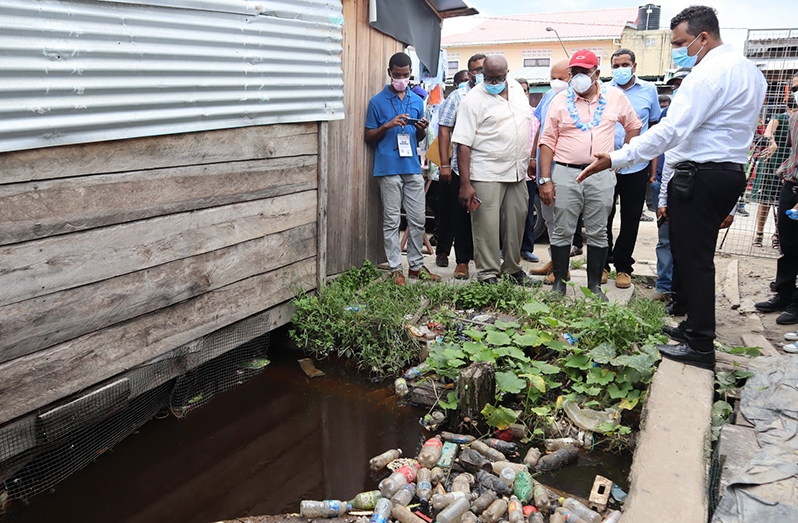Guyanese are a very happy, peaceful, and loving bunch of people. However, don’t get a Guyanese mad (angered); he or she will tell you things that you never thought about in your life. 98% of the time, you won’t have to deal with this, but these tips here can become handy for that rare 2% of the time. It takes a special set of skills to be able to read when someone becomes irritated and to deal with the situation.
Anger is a strong feeling of displeasure or hostility, typically in response to a perceived threat or injustice. It is a normal and natural emotion that can be experienced by anyone and can range from mild irritation to intense rage. Anger can be directed at a person, situation, or thing and can manifest in physical and verbal behavior. It is an emotional response to a perceived threat, frustration, or injustice.
Anger Management: Self & Others
Anger management refers to a set of techniques and strategies used to identify and cope with feelings of anger. It involves learning to recognize the signs of anger, identifying the causes of anger, and developing coping strategies to manage anger in a healthy and constructive way.
How to manage an Angry Guyanese?

Yup, that’s a drain
The worse response is to also become angry at a mad (angered) Guyanese. It will most certainly escalate quickly to a brawl (physical fight), and Guyanese fights usually end up in a nasty drain with anything qualifying as possible weapons. A fight can lead to imprisonment, and you don’t want to see what a Guyanese jail cell looks like.
The ideal responses would be as follows:
- Stay calm and composed. This will help to de-escalate the situation and prevent the person from becoming even angrier.
- Listen actively. Allow the person to express their feelings and acknowledge their perspective. This will help them feel heard and understood.
- Avoid getting defensive or confrontational. This will only escalate the situation and make the person angrier.
- Try to understand the underlying cause of their anger. This will help you address the root of the problem and find a solution.
- Suggest taking a break and coming back later when both of you are feeling calmer. This can help to diffuse the situation and give you both time to cool down.
- Communicate clearly and directly. Be honest and transparent in your communication.
- Be empathetic and understanding. This can help to diffuse the situation and build trust.
- Don’t take the person’s anger personally. Remember that the person is angry about a specific situation, not about you.
- Try to find common ground or a solution that both parties can agree on.
- Seek professional help if the situation is out of control or the person’s anger is causing harm.
How to manage your own anger?
Being able to manage your own anger is a remarkable life skill. It brings you a certain type of empowerment that cannot be had otherwise. Anger management is the process of learning to recognize, understand and control one’s own anger. It can include techniques for identifying triggers, learning to communicate effectively and assertively, developing problem-solving skills, and practicing relaxation techniques such as deep breathing, meditation, or yoga.
8 Some common techniques used in anger management include:
- Identifying triggers: Understanding what situations or events cause you to become angry can help you anticipate and prepare for them.
- Relaxation techniques: Deep breathing, meditation, and yoga can help you calm your body and mind when you’re feeling angry.
- Assertive communication: Learning to express your feelings and needs in a clear and direct way can help you avoid conflict and frustration.
- Problem-solving skills: Developing strategies for resolving conflicts and addressing problems in a constructive way can help you avoid getting angry in the first place.
- Time-out: Taking a break from a situation or person that is causing you to feel angry can give you time to cool down and think more clearly.
- Reframing: Changing the way you think about a situation or person can help you to see things in a more positive light.
- Cognitive-behavioral therapy (CBT): CBT is a type of therapy that can help you change your thoughts and behaviors related to anger.
- Mindfulness: Being present in the moment, focusing on the current situation, and not dwelling on the past or future can help to reduce anger.
It’s important to note that anger management strategies may not work for everyone and that seeking professional help is important if your anger is causing problems in your relationships or impacting your overall well-being. See more tips here: https://www.skillsyouneed.com/ps/anger-management.html







